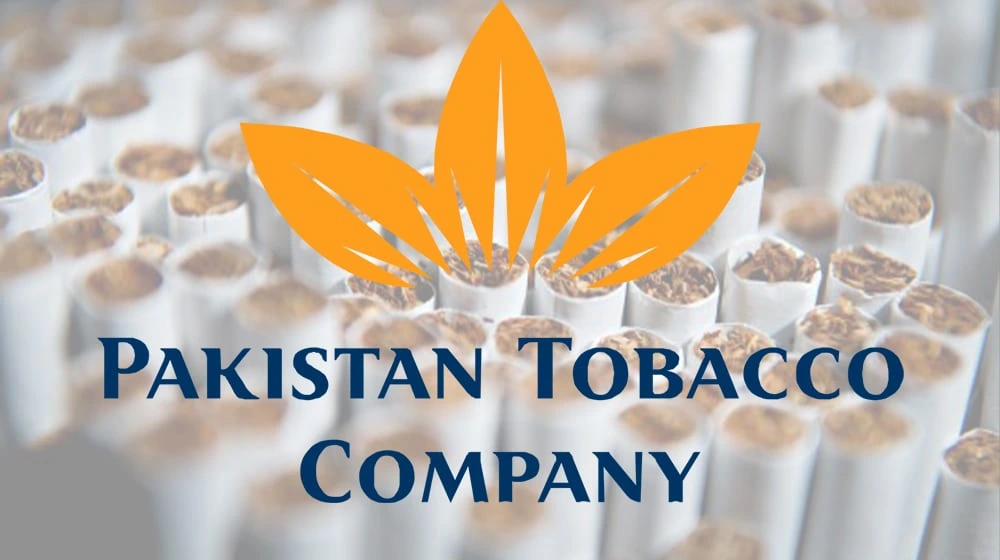Islamabad 24 July: Tobacco farmers are losing money as Pakistan’s tobacco industry contributes over Rs. 210 billion in taxes annually.
Yet it remains deeply entangled in controversies over pricing practices, smuggling, farmer exploitation, and regulatory gaps.
According to data from the Federal Board of Revenue (FBR) and the Pakistan Tobacco Board (PTB):
- The tobacco sector contributed approximately Rs. 210 billion in taxes during FY 2023-24, accounting for over 2% of total tax revenue.
- The two largest multinational companies—Pakistan Tobacco Company (PTC) and Philip Morris Pakistan—account for over 65% of the formal market share.
- Pakistan produces around 110 to 125 million kilograms of tobacco annually, with Khyber Pakhtunkhwa (KP) contributing more than 75% of the total output.
- The tobacco industry provides direct or indirect employment to approximately 1.2 million people, including 70,000 small-scale farmers.
Despite these numbers, the industry faces growing criticism for being inequitable and poorly regulated.
Tobacco Farmers are struggling as industry mints high profits.
Growers in tobacco-rich districts like Swabi, Charsadda, Buner, and Mansehra argue that they bear the highest costs with the least return. The cost of cultivating one acre of tobacco is estimated at around Rs. 900,000–950,000, yet government-set procurement rates often fall short. In 2024, the official per-kilo rate ranged between Rs. 743 and Rs. 952, depending on the district.
Muhammad Ali Dagai, provincial organiser of the Kisan Jirga, says small farmers are trapped by a pricing system that favors large corporations and middlemen. “Grading disputes, payment delays, and manipulation of procurement quotas have become the norm,” he said.
Illicit Trade Costs Billions
One of the biggest challenges is illicit cigarette trade, which constitutes about 38% of the total market, according to industry and FBR estimates. Tax-evading brands, mostly manufactured in Azad Kashmir and tribal areas, are sold below legal price thresholds—undercutting legal players and costing the exchequer an estimated Rs. 90–100 billion annually.
To counter this, the FBR launched a Track and Trace System in 2022, designed to curb tax evasion by digitally monitoring production volumes. However, implementation has been slow, with several local manufacturers resisting compliance.
The industry maintains that it is committed to legal compliance, farmer support, and economic contribution. Imad Ud Din, Head of Leaf at Pakistan Tobacco Company, noted, “We procure directly from contract farmers and follow Pakistan Tobacco Board’s grade specifications. Our products meet international quality standards, ensuring Pakistan remains a major tobacco exporter.”
Pakistan exported over $30 million worth of raw tobacco in 2023, mainly to markets in the Middle East, Eastern Europe, and Africa.









